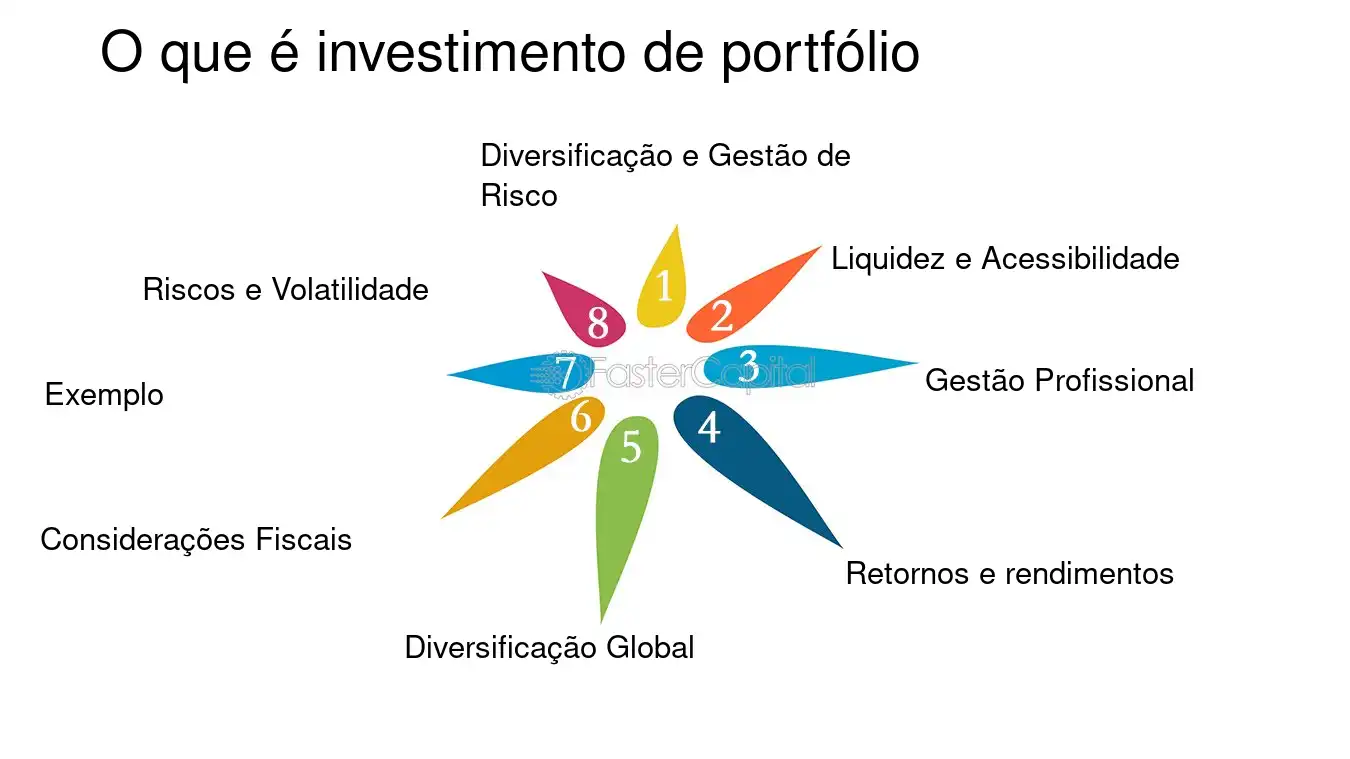Liquid Investment Options: A Lifeline for Legal Professionals
In the ever-changing financial landscape, legal professionals face unique financial challenges. From managing risk to achieving long-term financial goals, liquid investments can serve as a lifeline for those navigating the complexities of the legal profession.
Liquid investments, as the name suggests, are assets that can be easily converted into cash without significant loss of value. Unlike illiquid investments, such as real estate or private equity, liquid investments provide instant access to funds when needed, making them indispensable for managing cash flow and unforeseen financial emergencies.
Short-Term Treasury Bills
Short-term Treasury bills, issued by the U.S. Treasury, are a low-risk investment option with maturities ranging from a few days to one year. They offer a steady return and are backed by the full faith and credit of the U.S. government, making them a popular choice for legal professionals seeking stable, short-term investments.
Money Market Accounts
Money market accounts offered by banks and credit unions provide a convenient way to earn interest on cash balances. They typically have a low minimum balance requirement and offer higher interest rates than traditional savings accounts. Money market accounts are ideal for storing emergency funds or short-term savings goals.
Certificates of Deposit (CDs)
Certificates of deposit lock in a fixed interest rate for a specified period, typically ranging from a few months to several years. Although CDs may have early withdrawal penalties, they offer a higher return than money market accounts and are a good option for those willing to commit funds for a longer period.
High-Yield Savings Accounts
High-yield savings accounts are similar to money market accounts but tend to offer higher interest rates. However, they may come with restrictions on the number of withdrawals or transfers per month. High-yield savings accounts are suitable for long-term savings goals or as a temporary parking spot for funds.
Exchange-Traded Funds (ETFs)
Exchange-traded funds track a specific index, sector, or asset class. They offer diversification and the potential for capital appreciation. ETFs can be bought and sold like stocks, providing liquidity and flexibility. Legal professionals can use ETFs to invest in various markets without having to purchase individual stocks or bonds.
Mutual Funds
Mutual funds are professionally managed investment portfolios that pool money from multiple investors. They offer a broader selection of investments than ETFs and can provide diversification benefits. Mutual funds are a good option for those looking for professional investment management without the hassle of making individual investment decisions.
Conclusion
Liquid investments are a cornerstone of financial security for legal professionals. By choosing the right mix of liquid investments, legal professionals can balance risk and return, maintain cash flow, and achieve their financial goals. Remember, it’s like having a financial safety net that can help weather financial storms and seize opportunities.

No responses yet